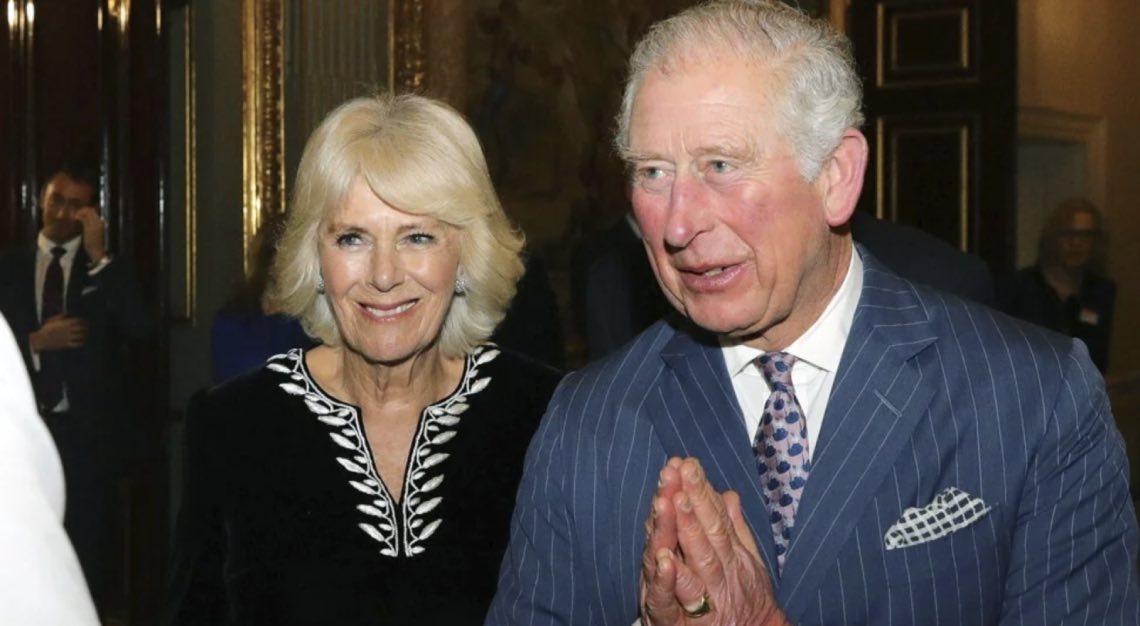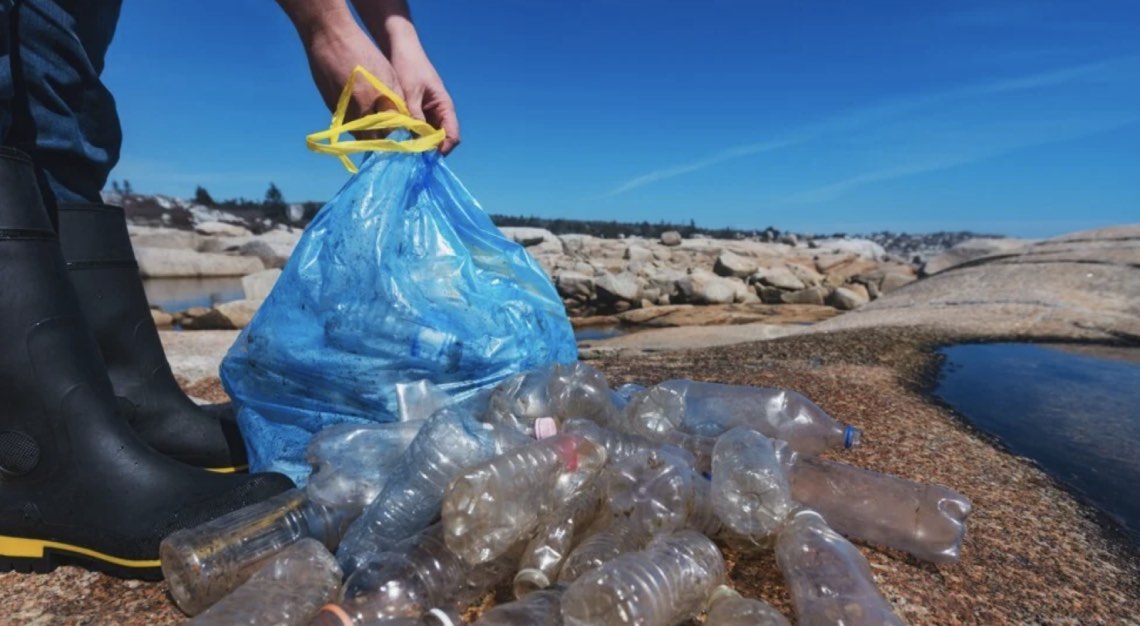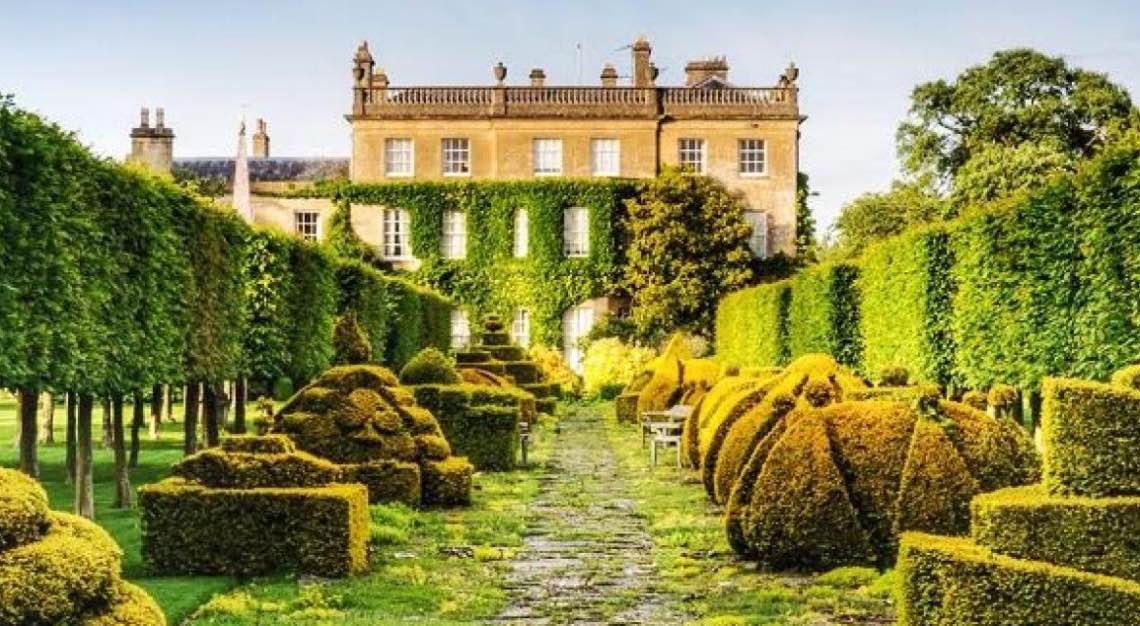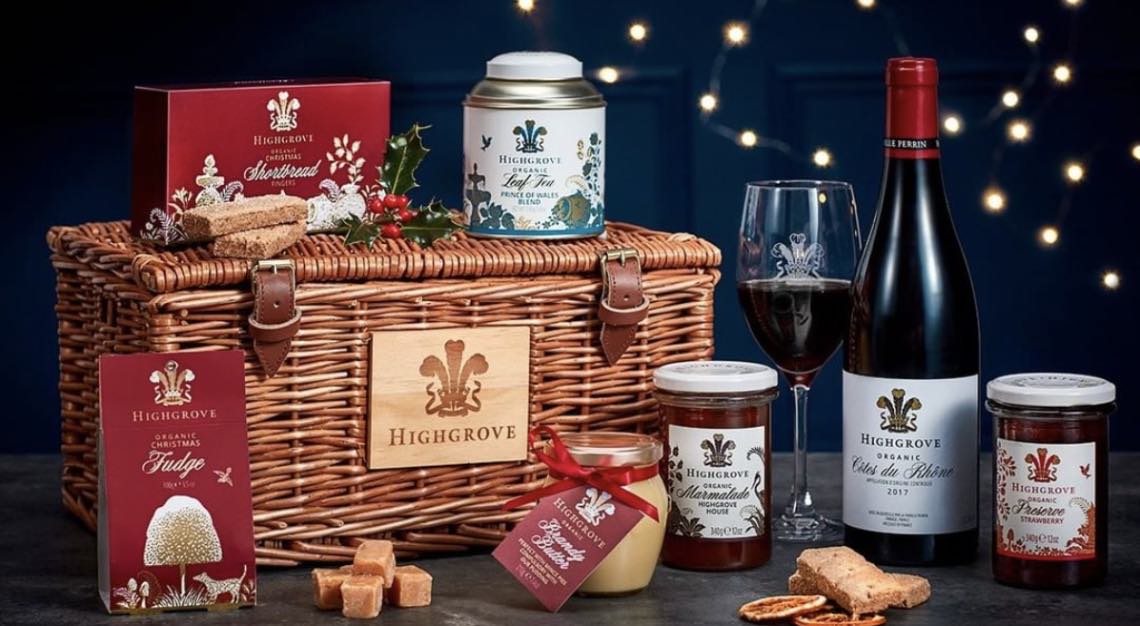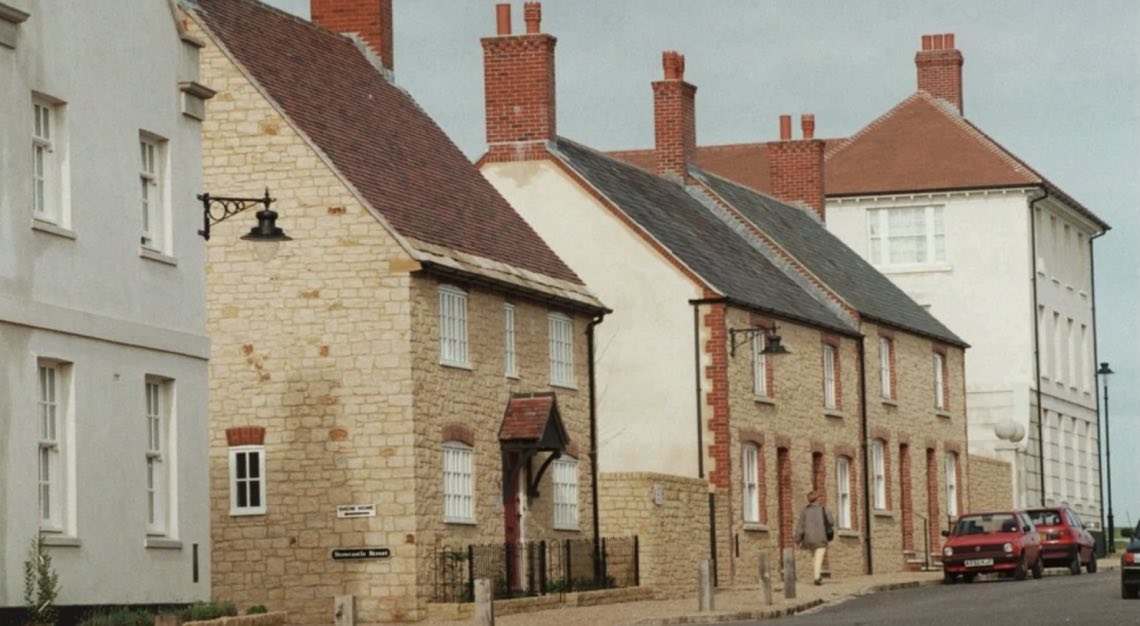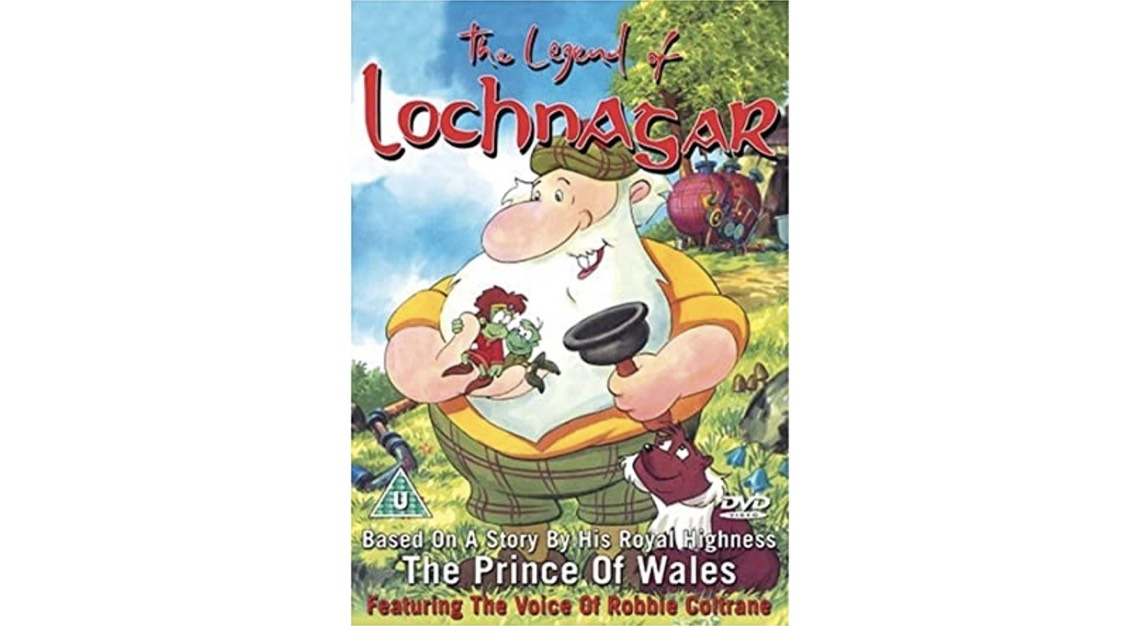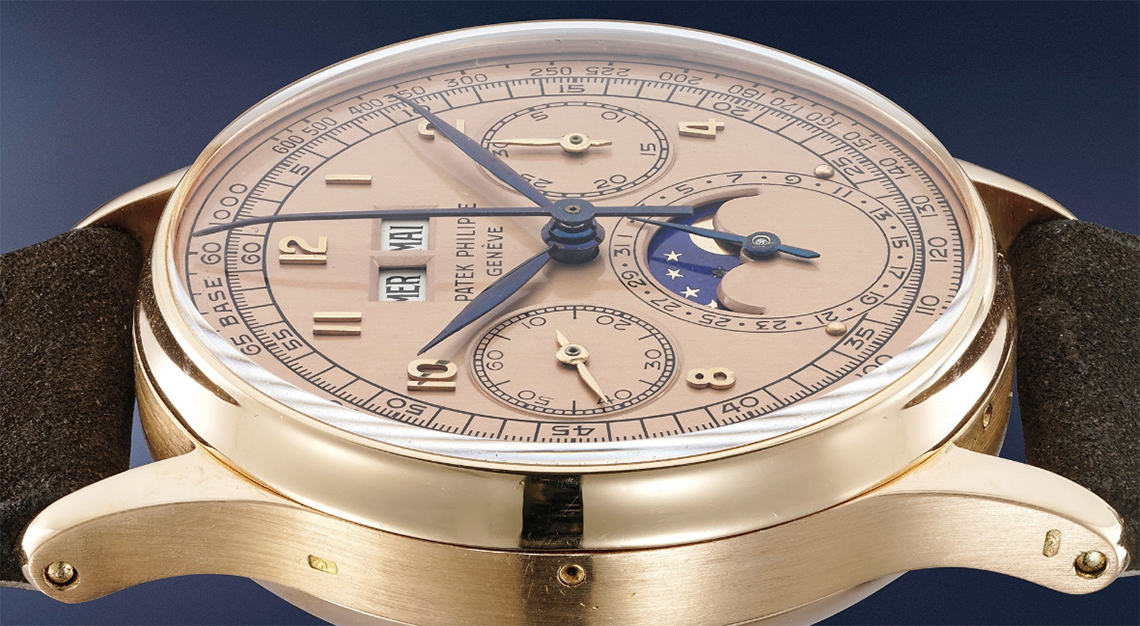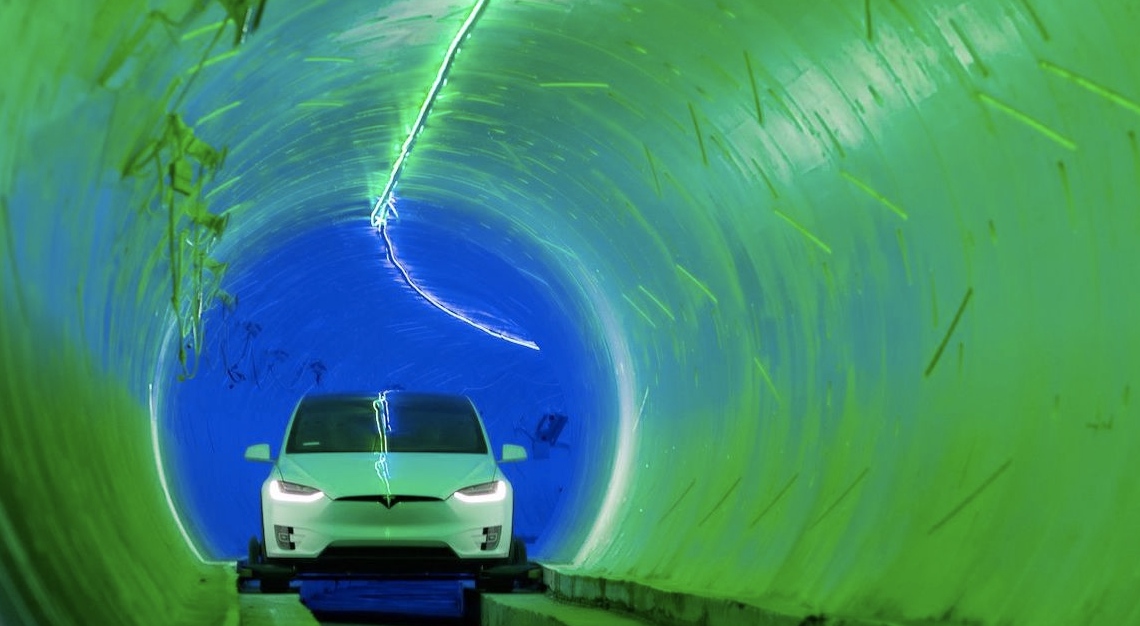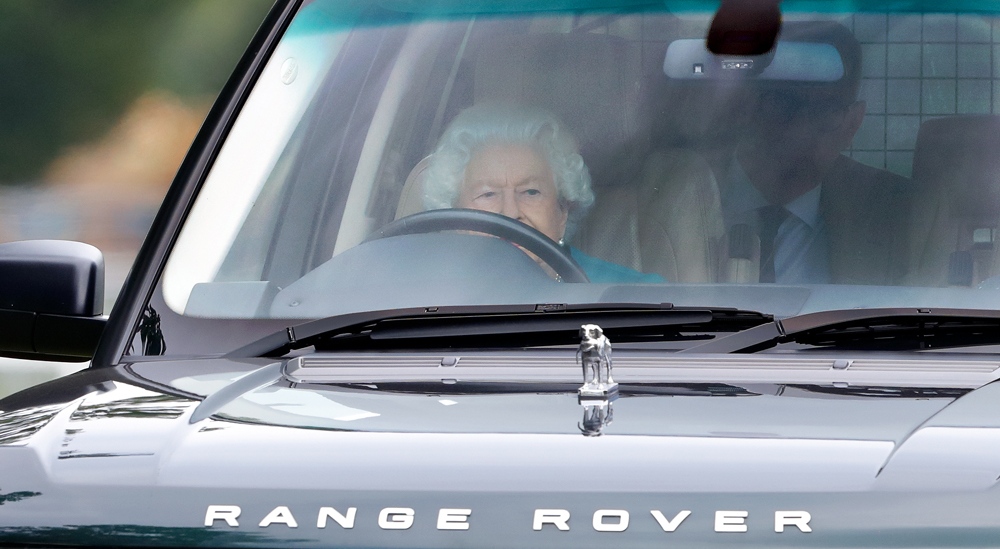Prince Charles once wrote a book for his younger brother Prince Edward called The Old Man of Lochnagar. The story is about an old man who lives in a cave near Lochnagar, a mountain near the Balmoral Estate where the royal family spend their summer holidays. He published the book in 1980 in aid of The Prince’s Trust charity, and it has since been renamed The Legend of Lochnagar, after the film made from the book.
The first British royal heir to earn a degree
Prince Charles was the first royal heir in the British royal family to earn a bachelor’s degree. He graduated in 1971 from Cambridge University’s Trinity College and, four years later, earned a master’s from the same college.
